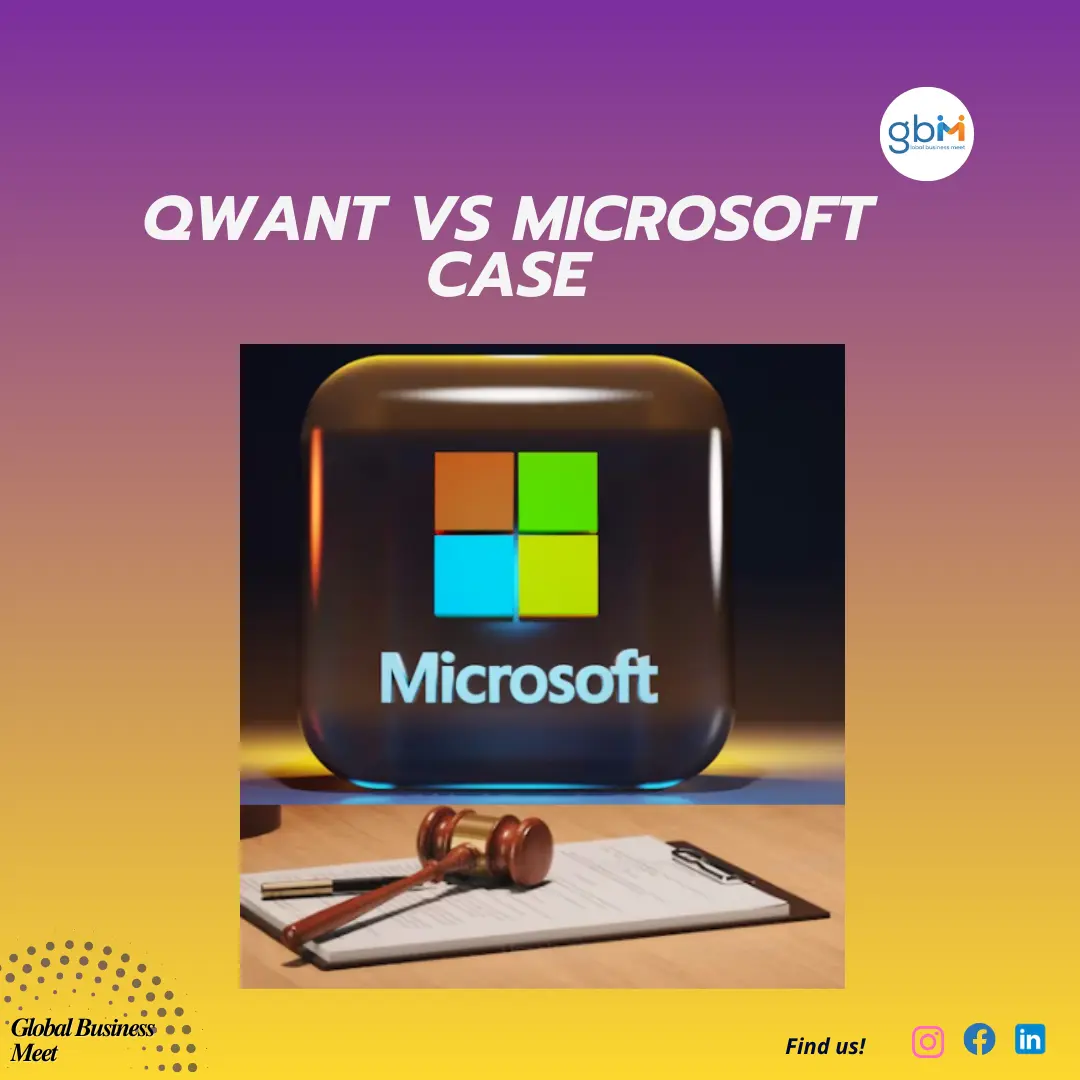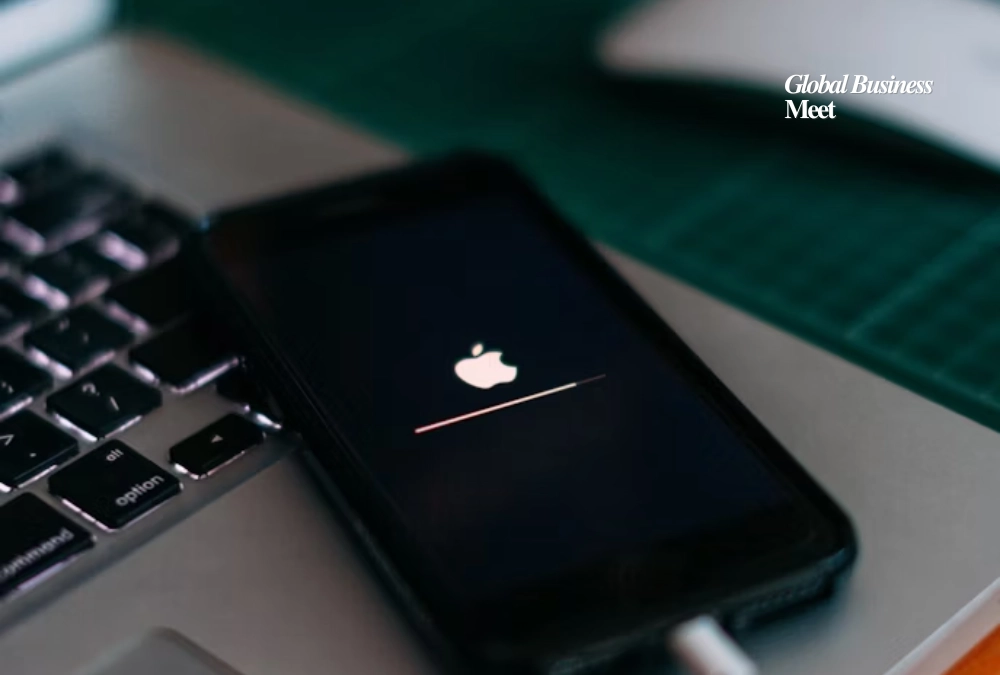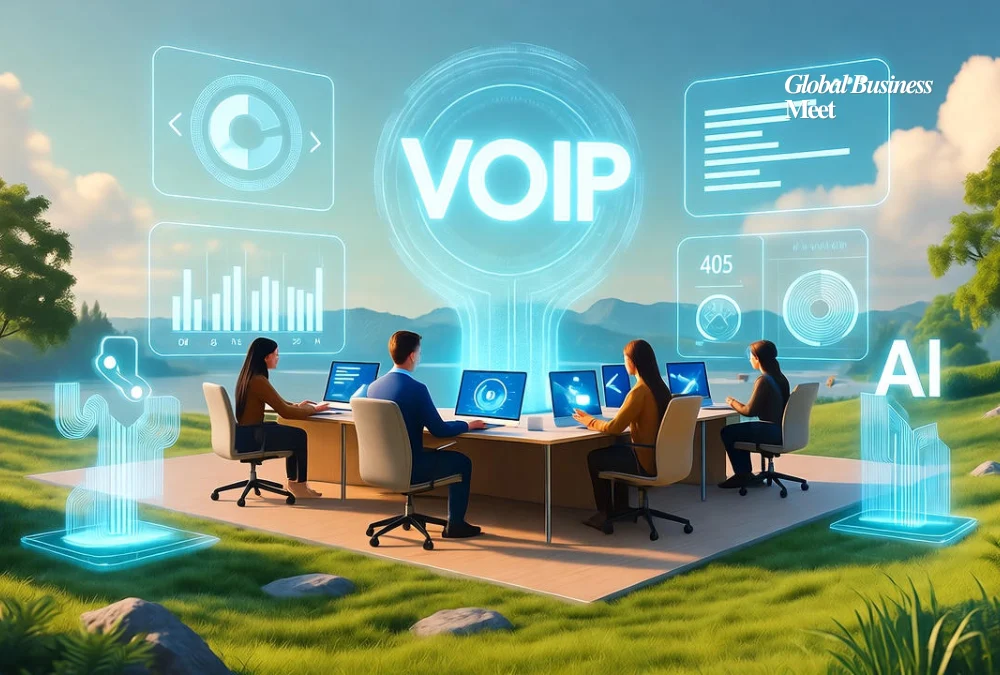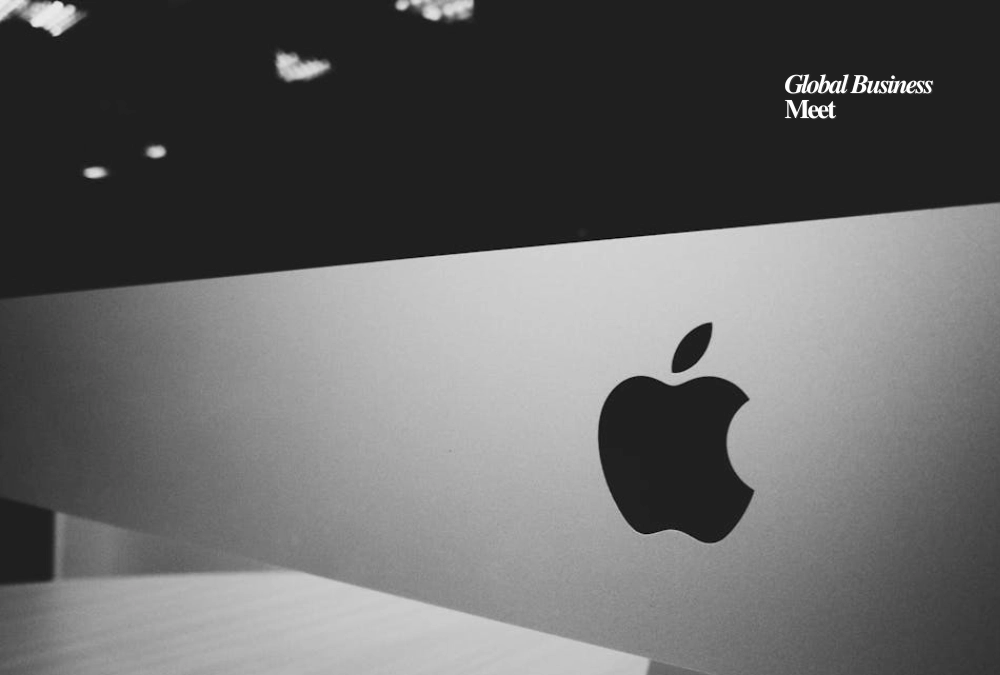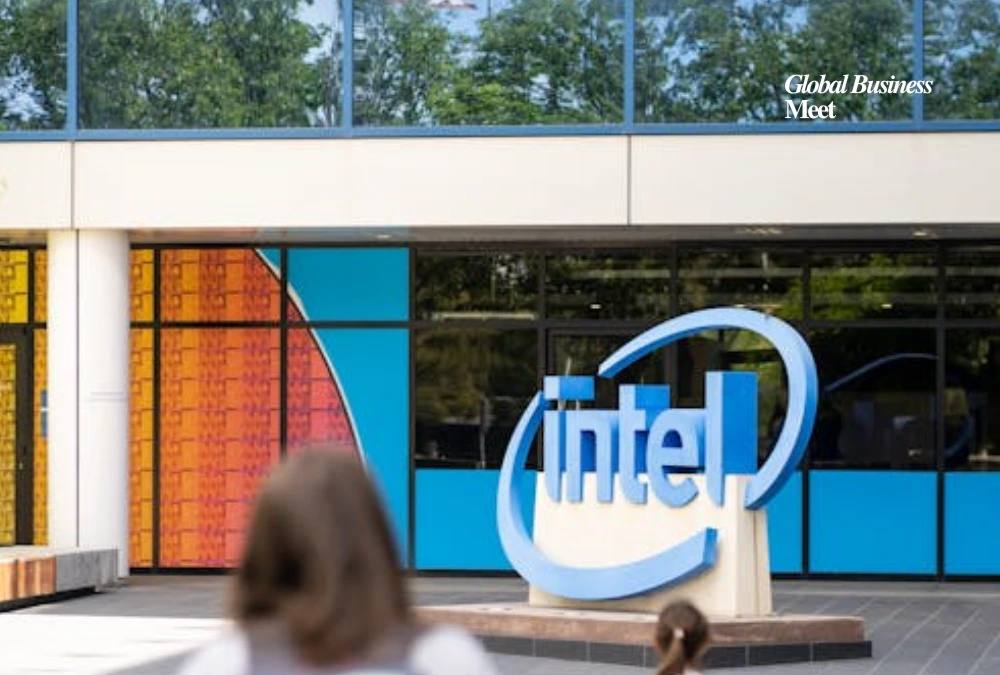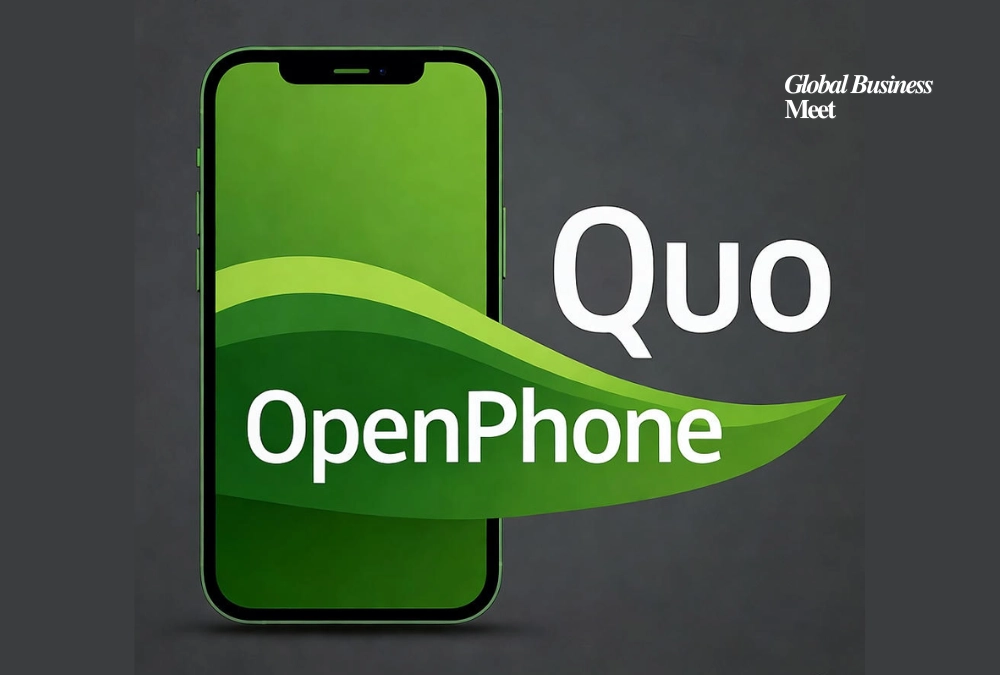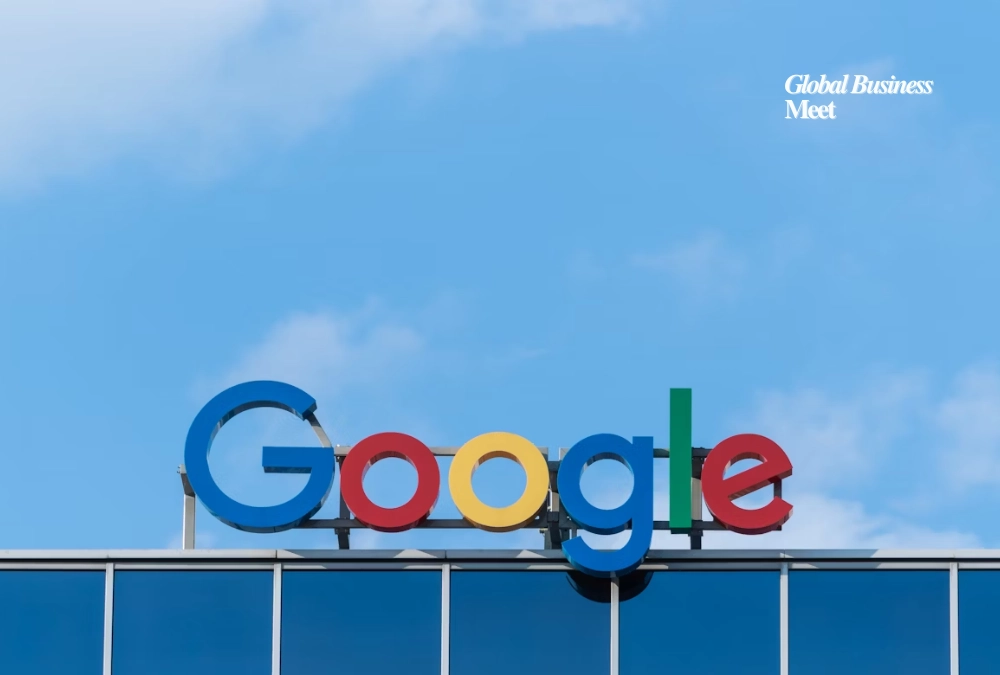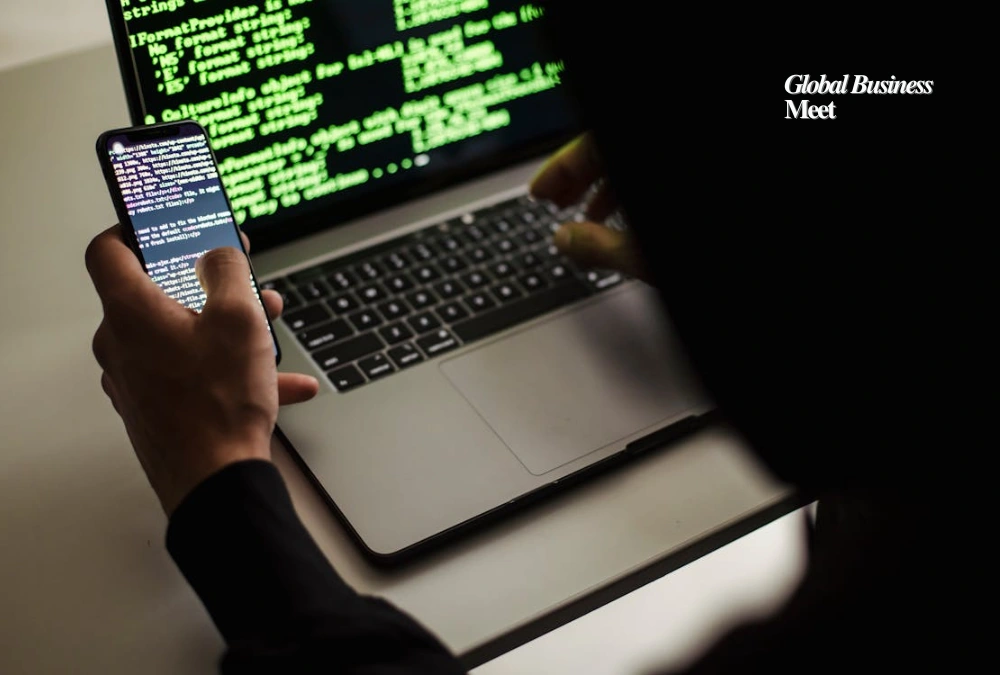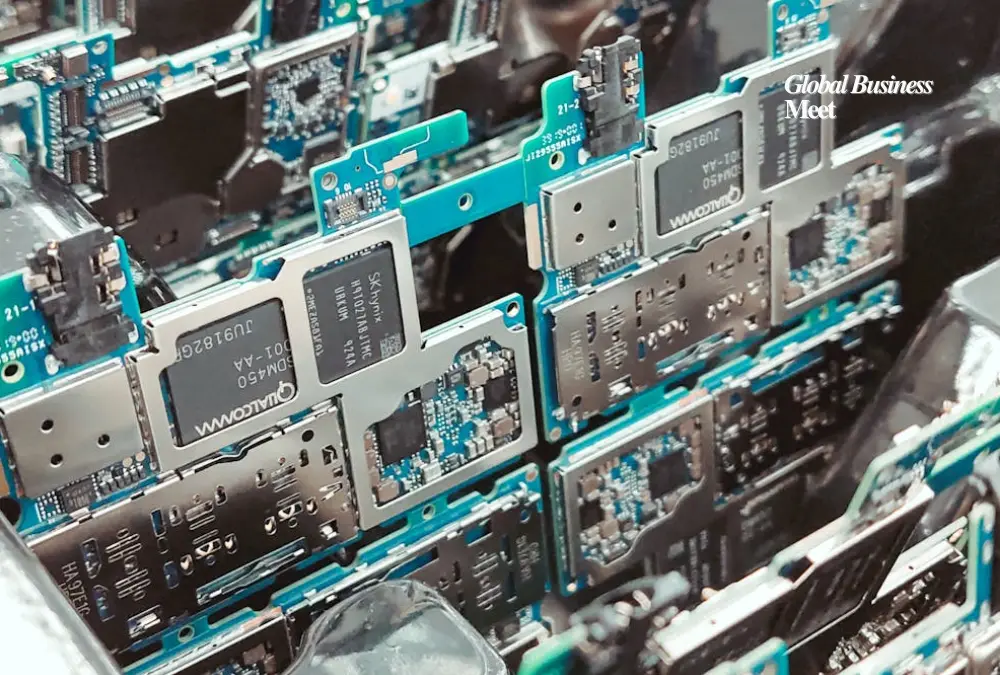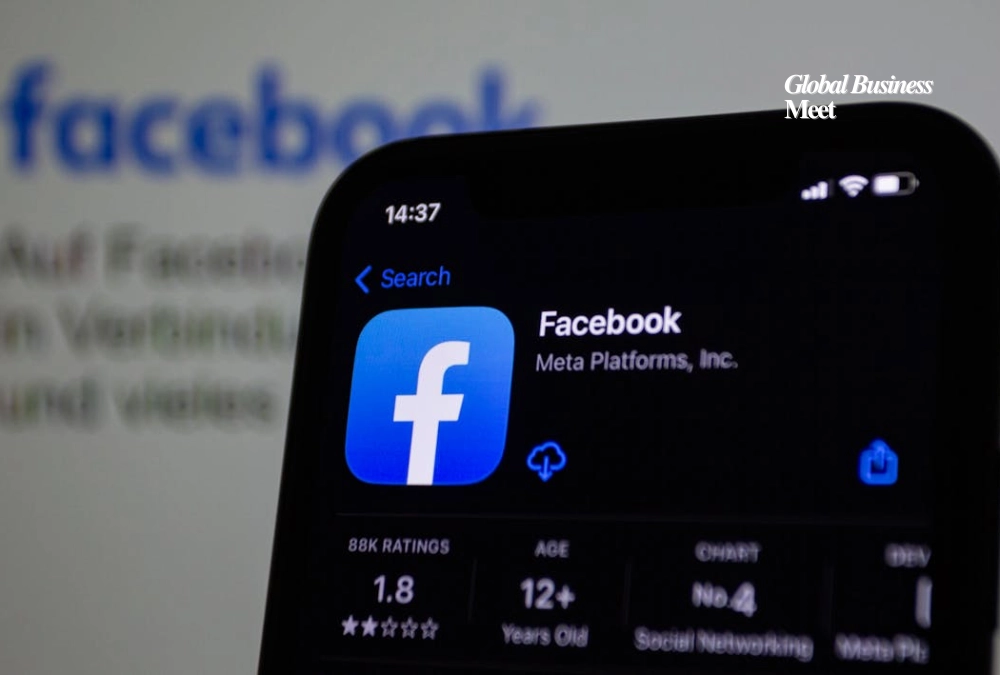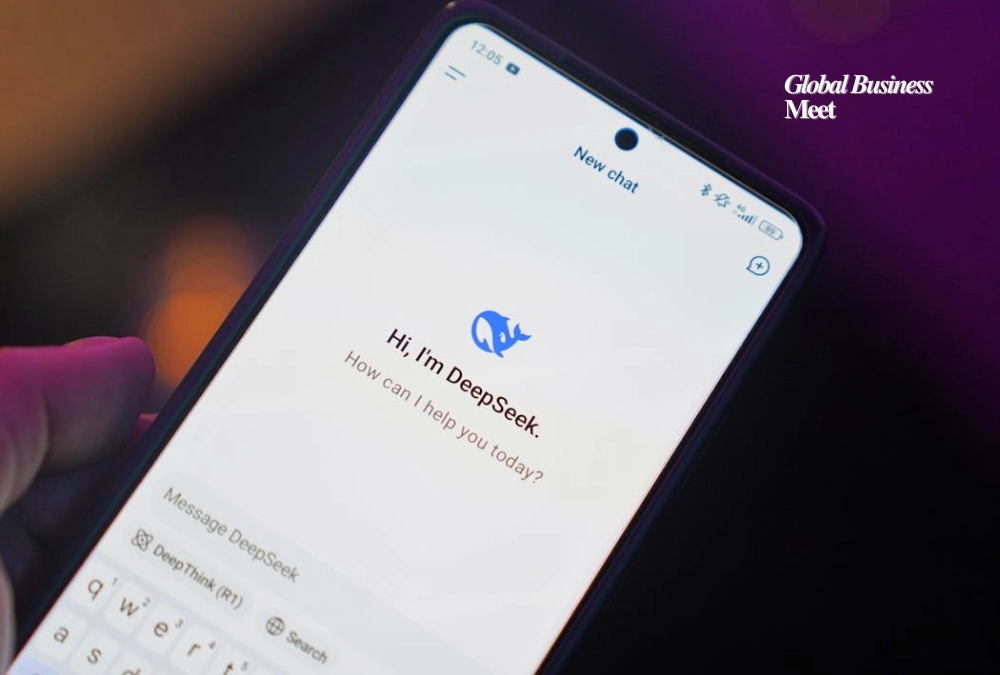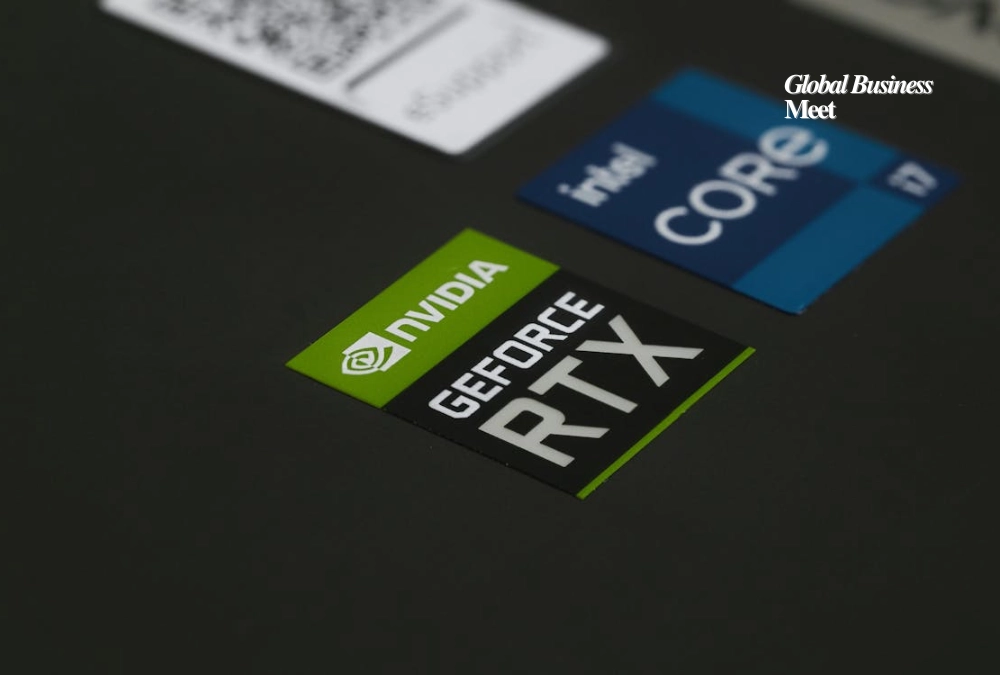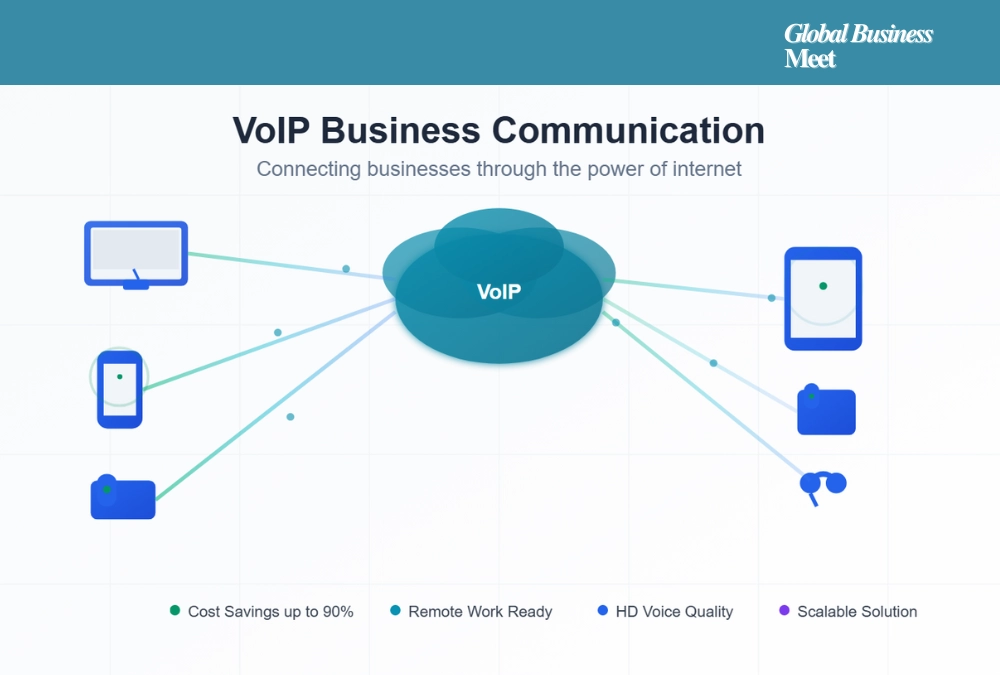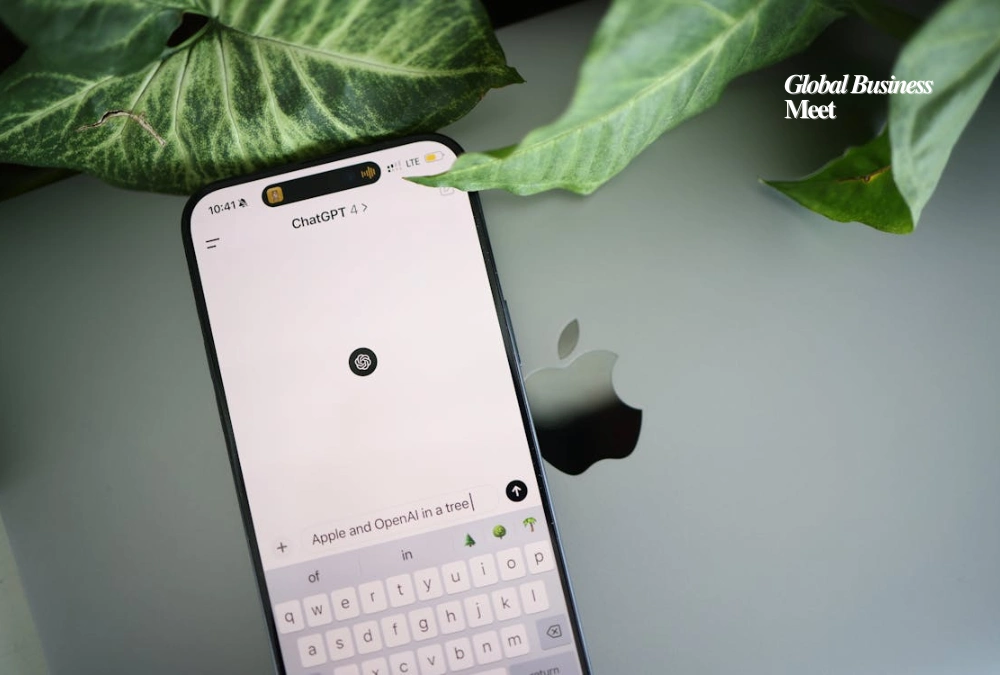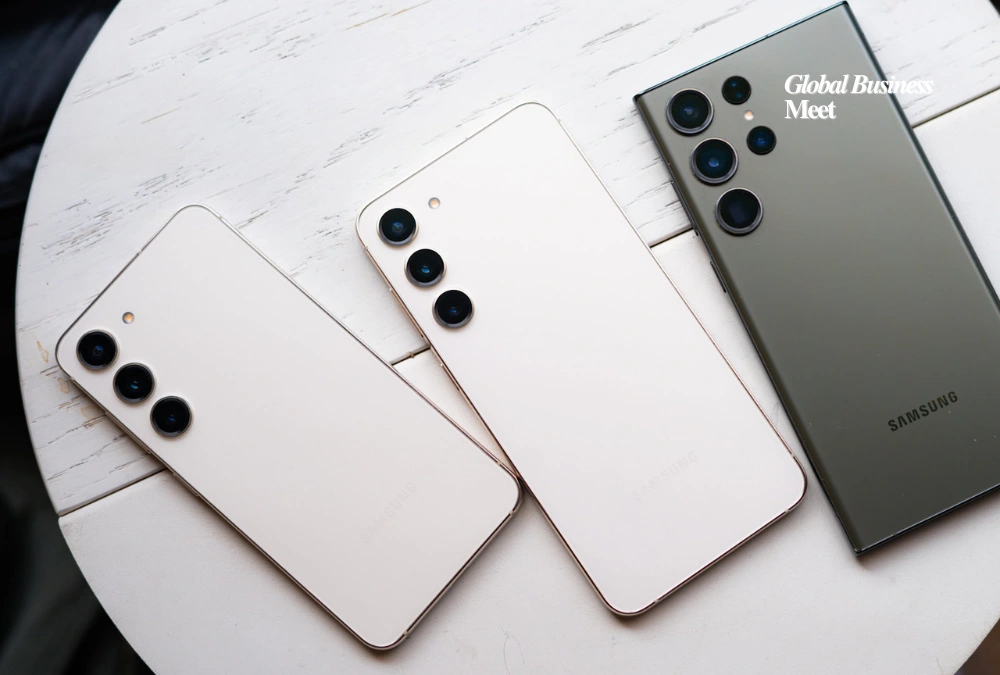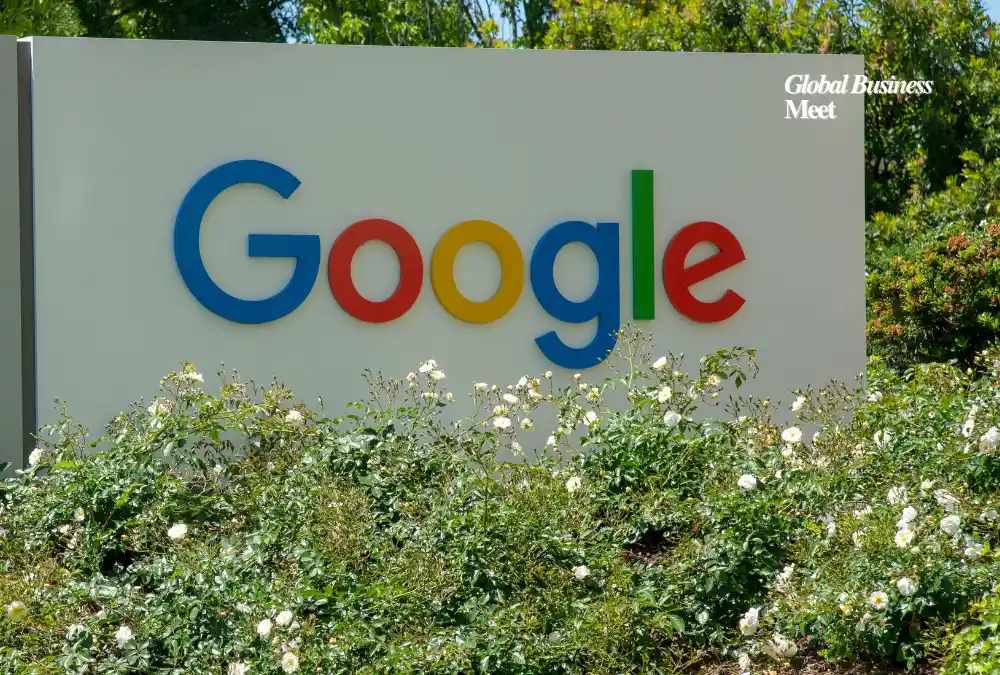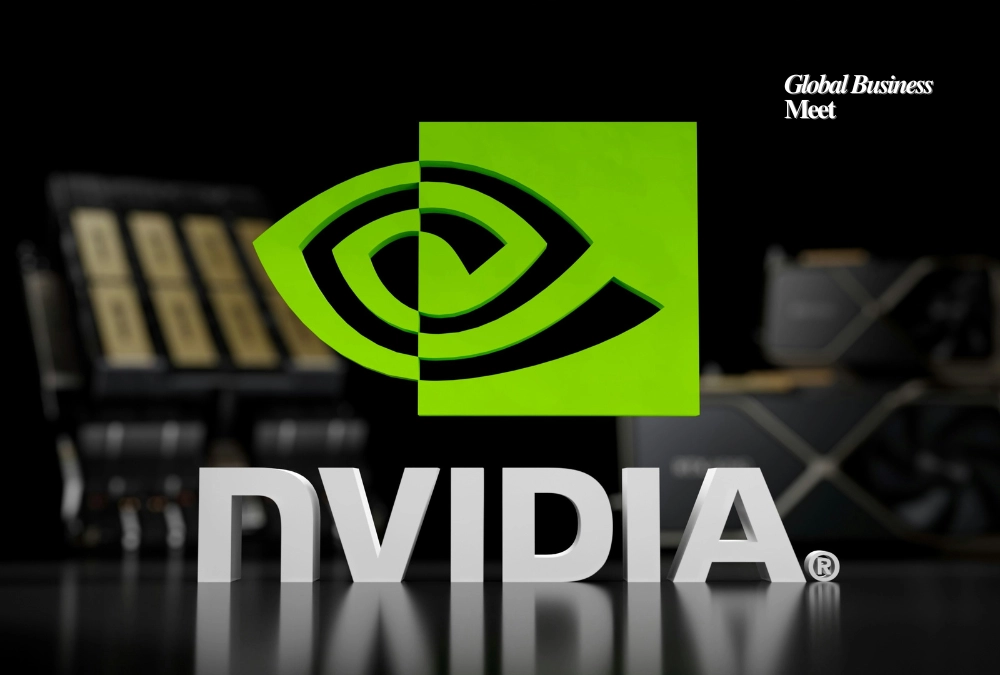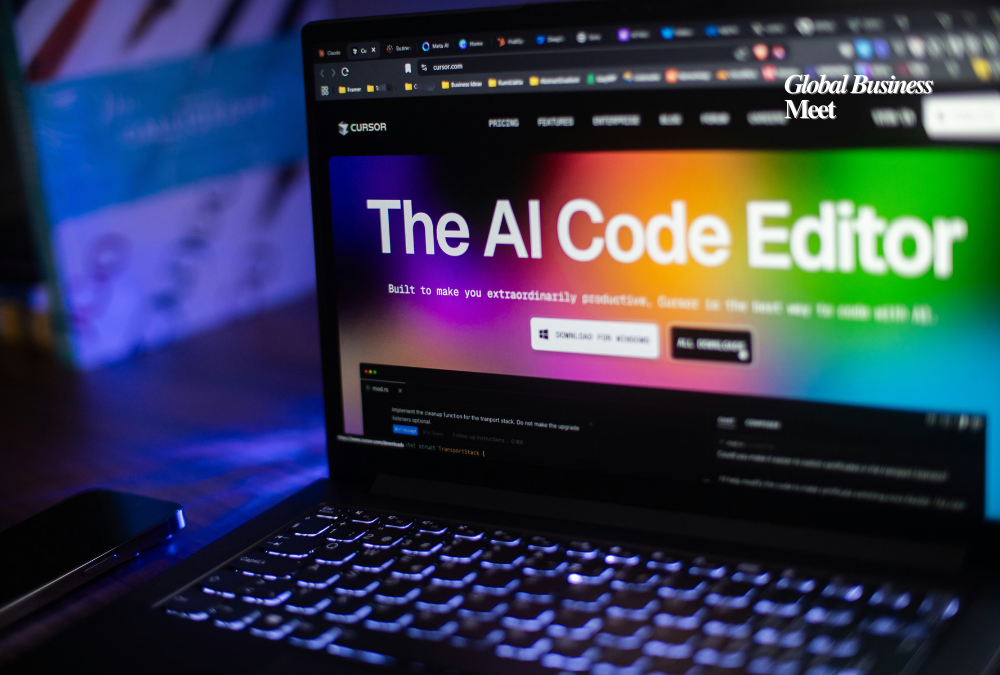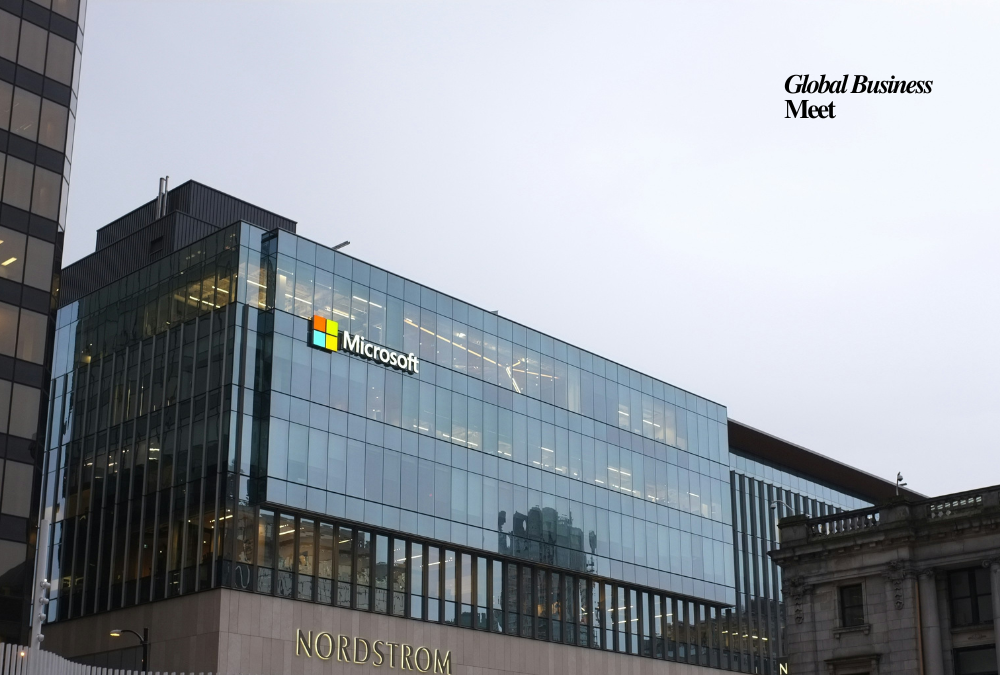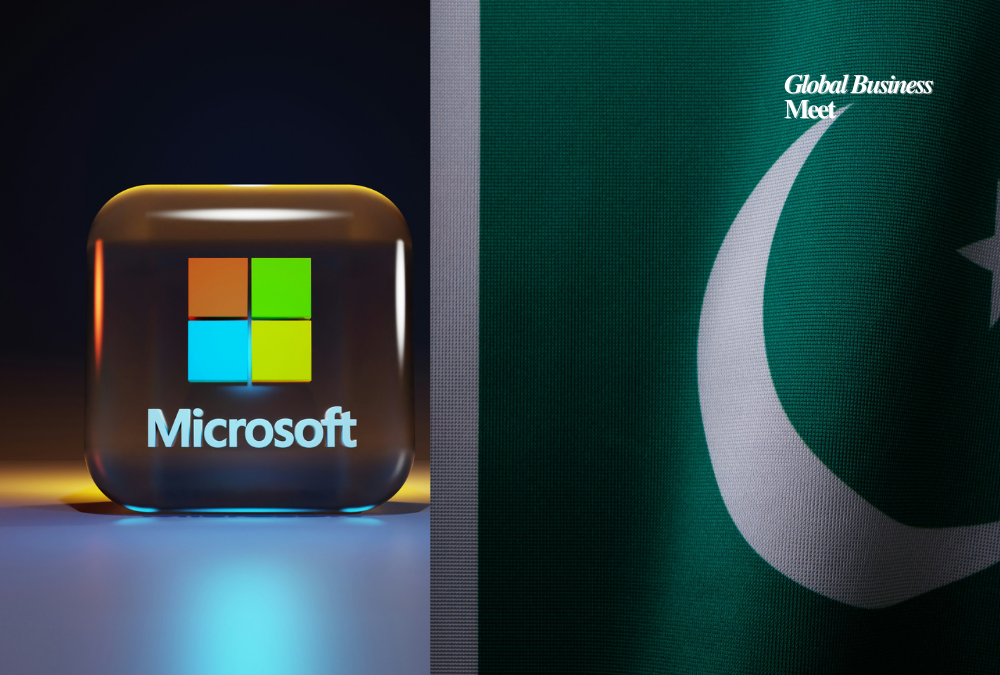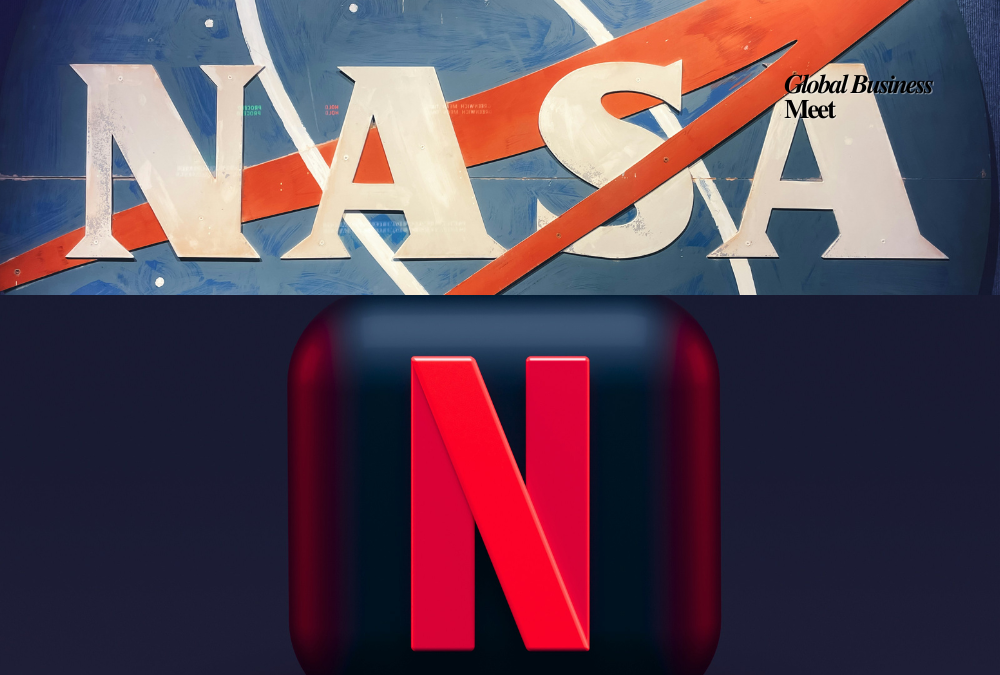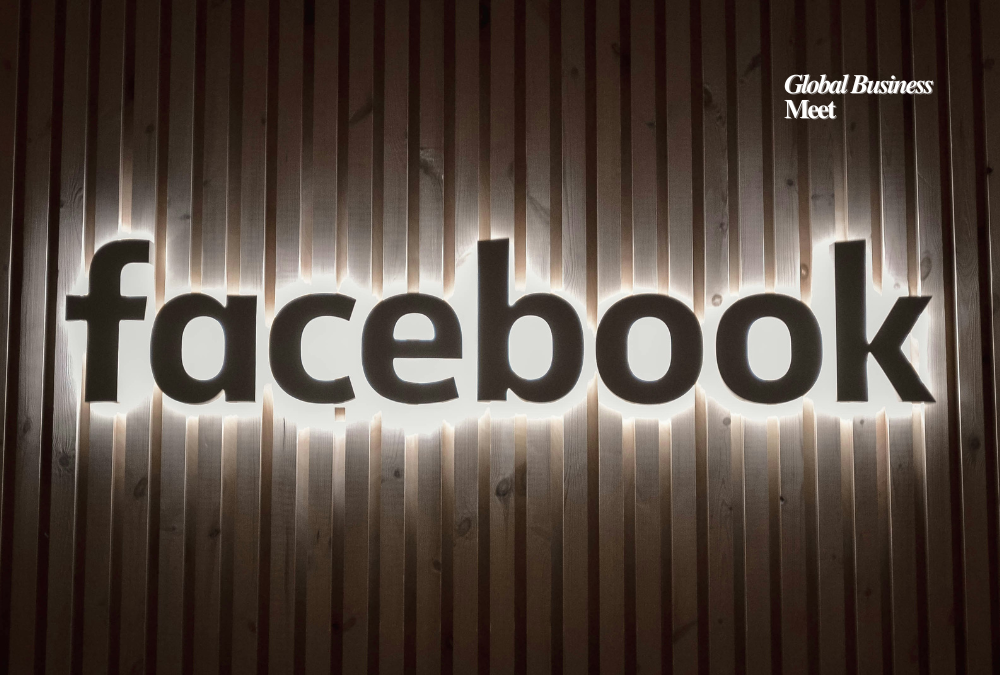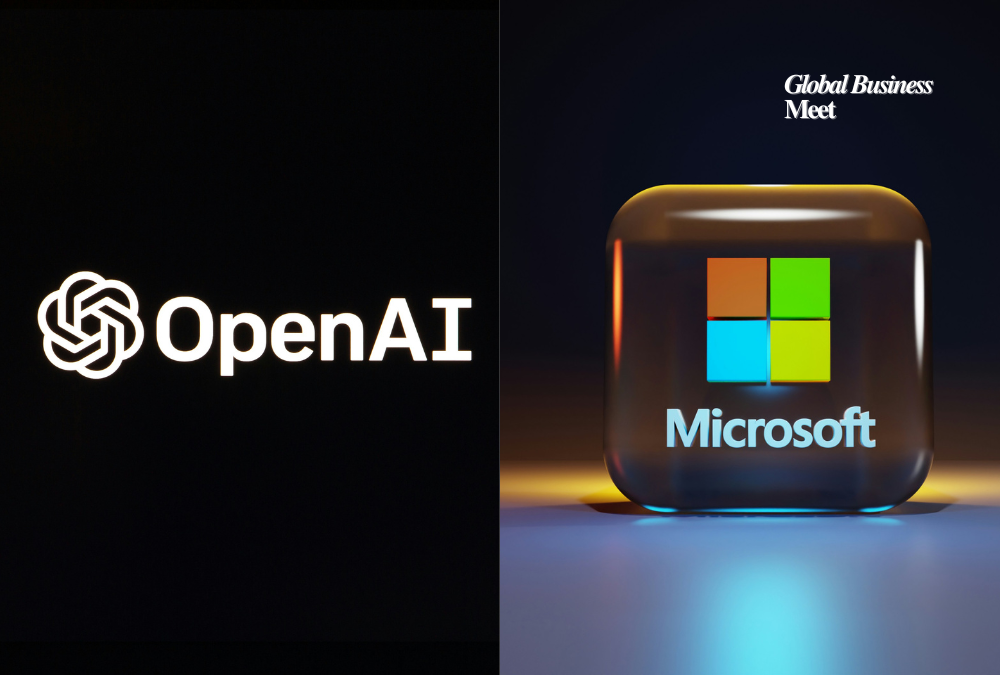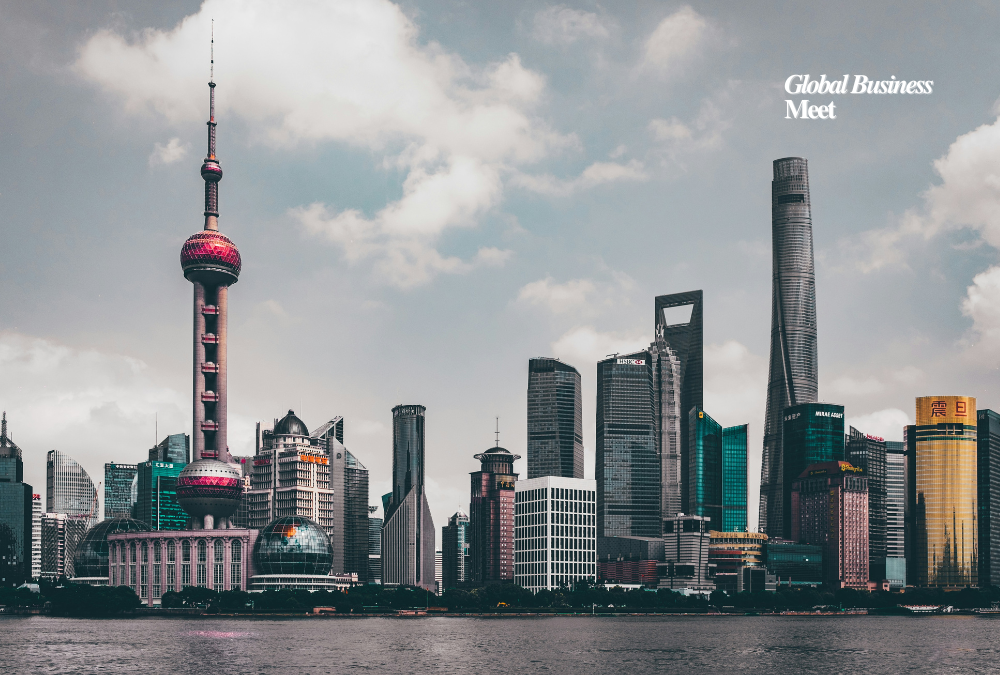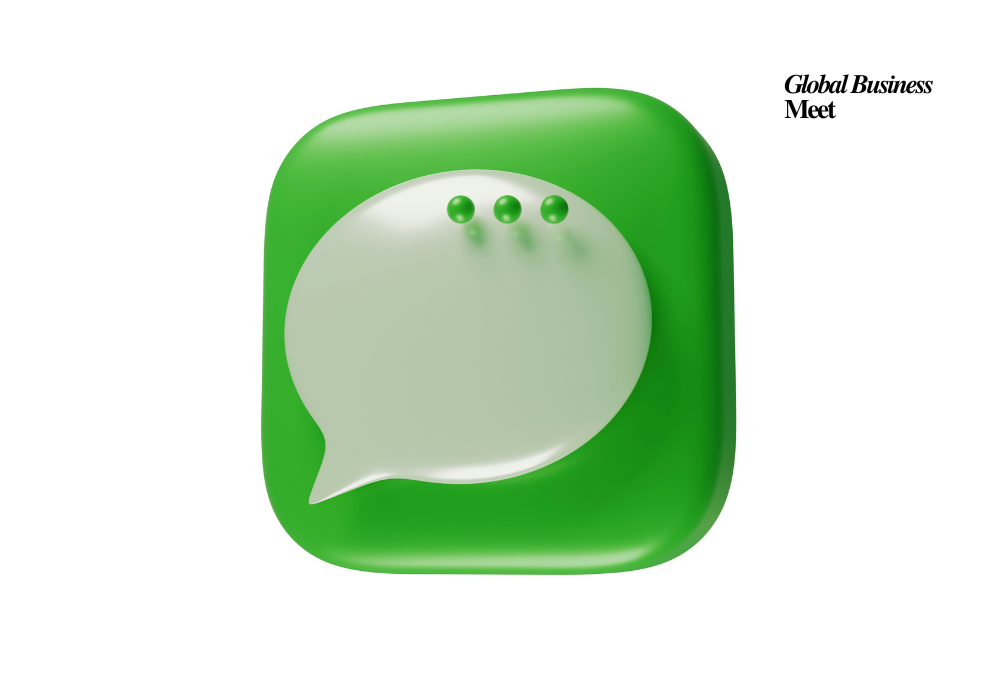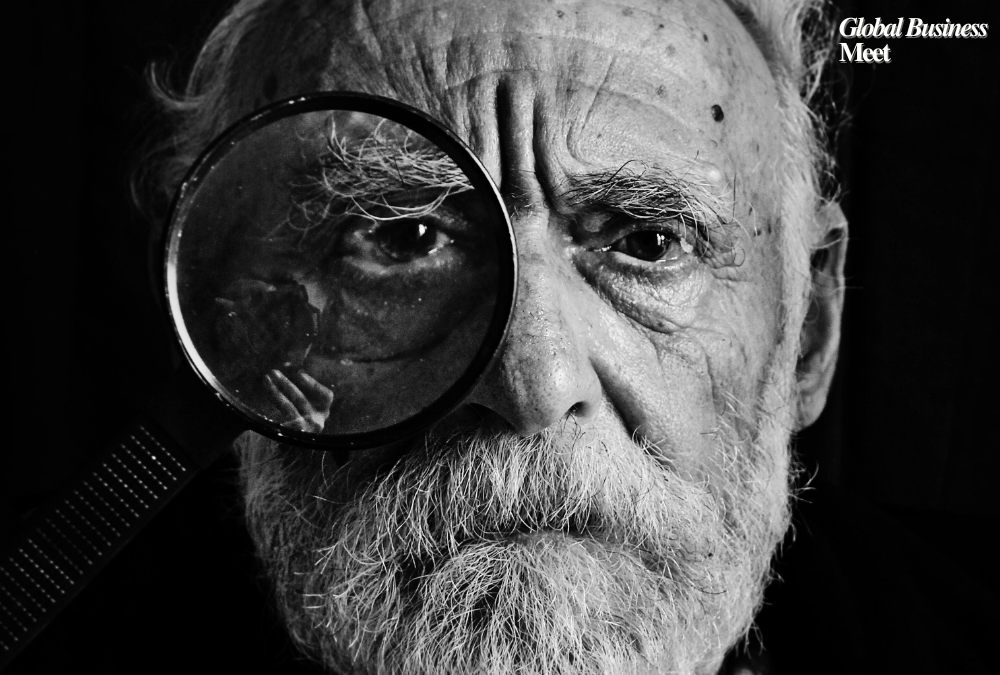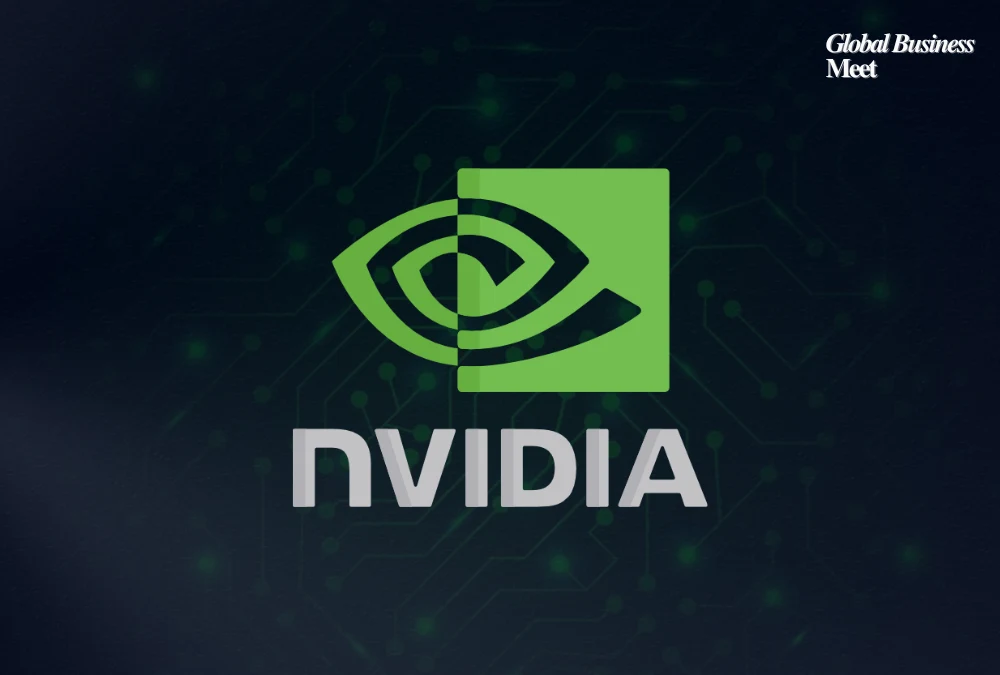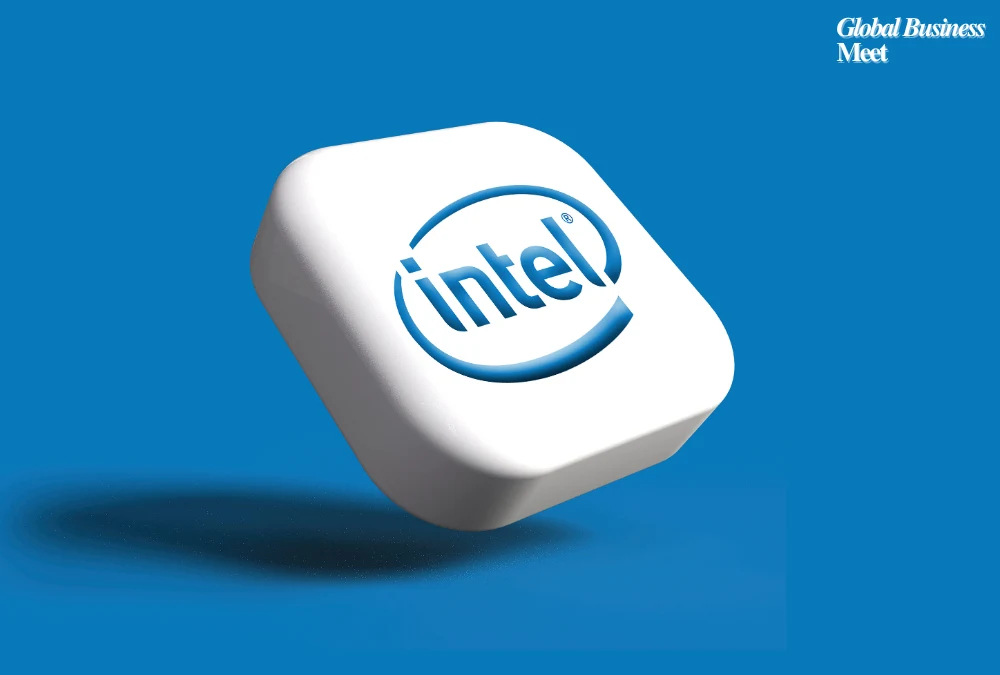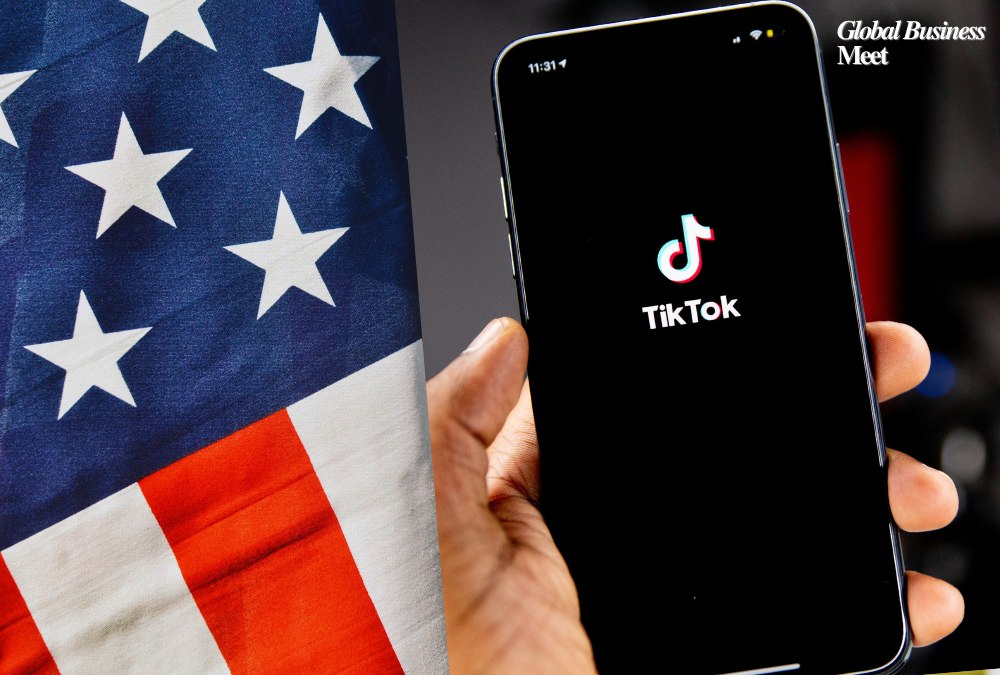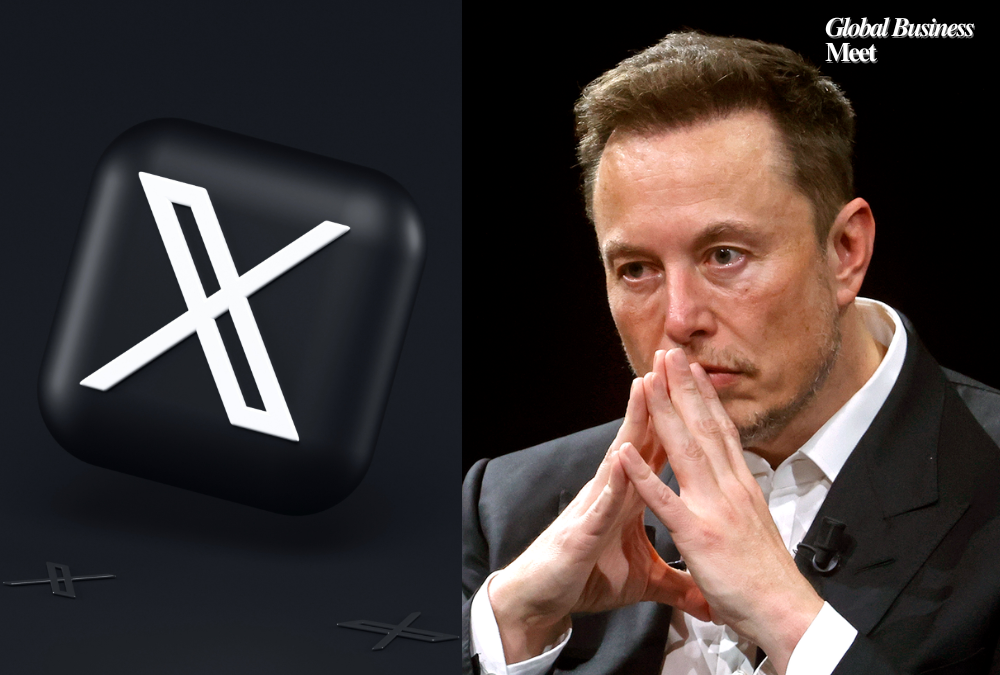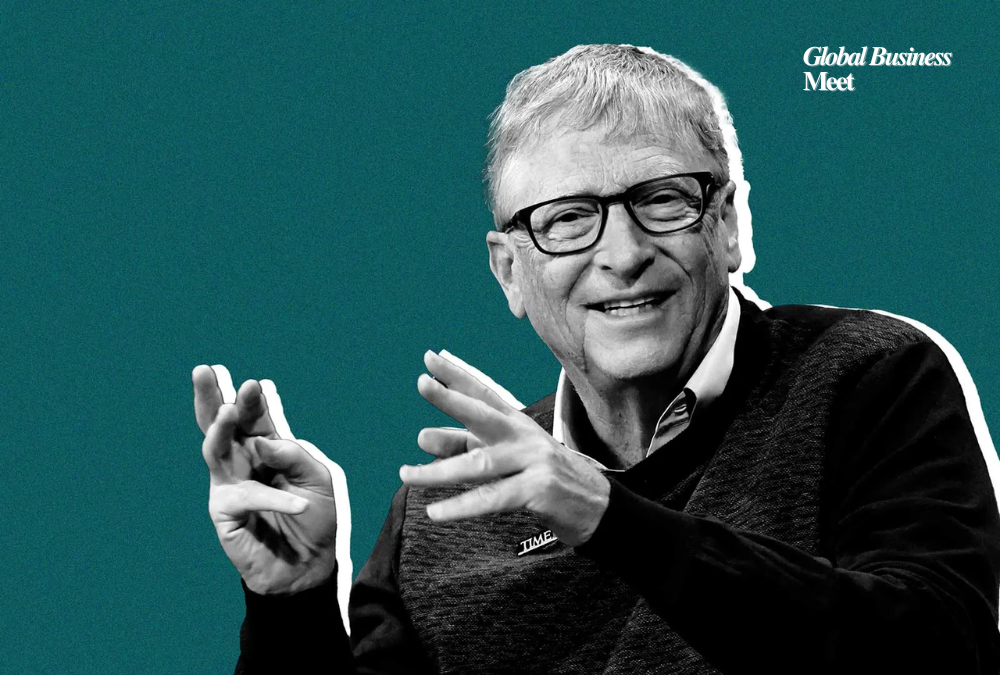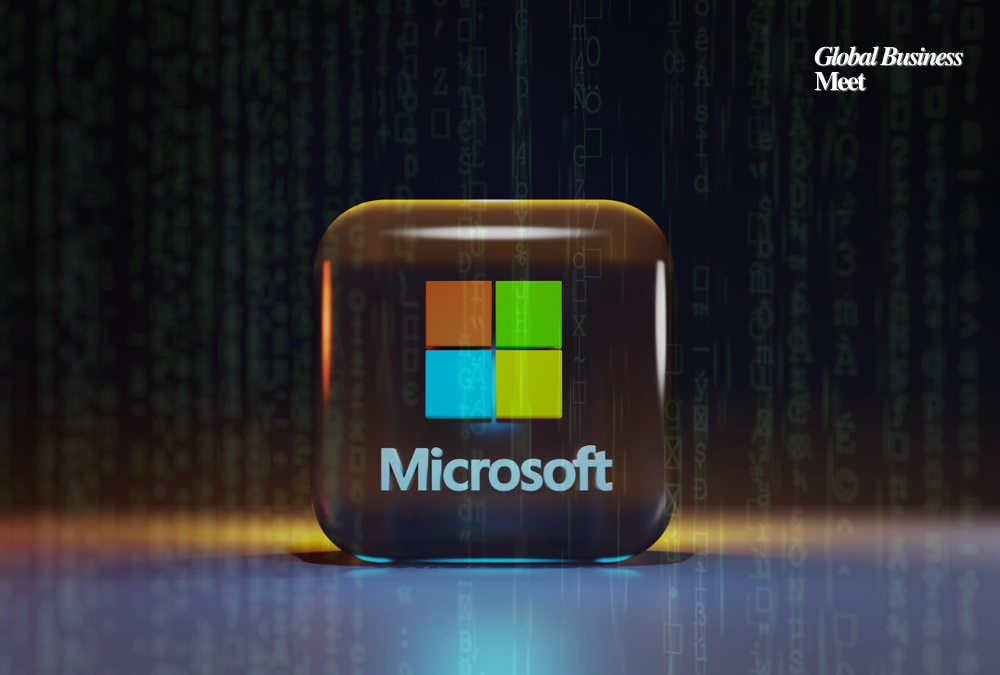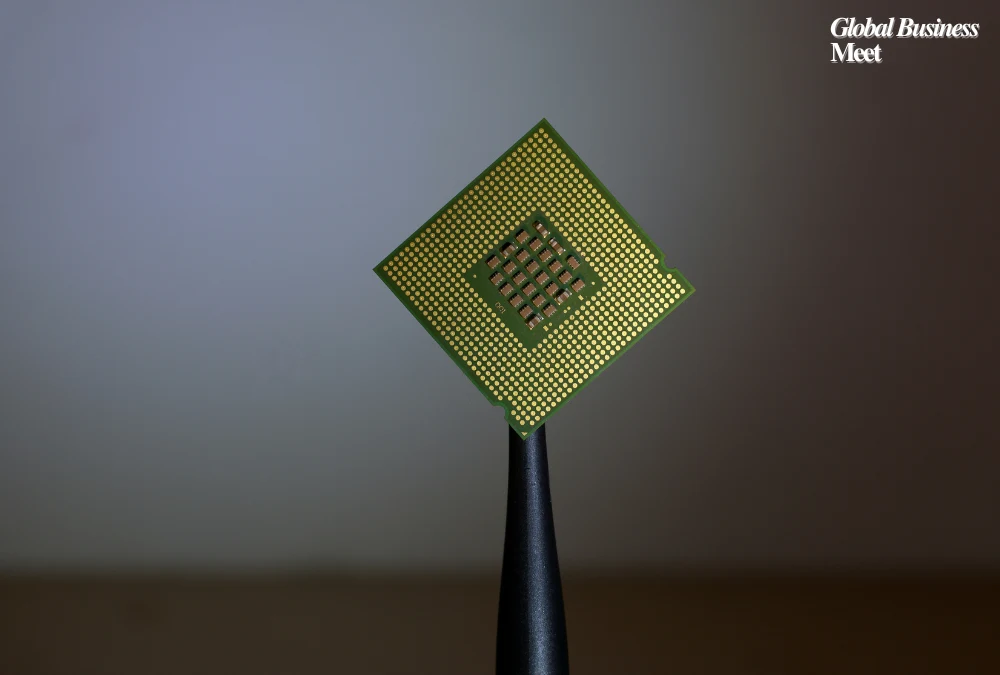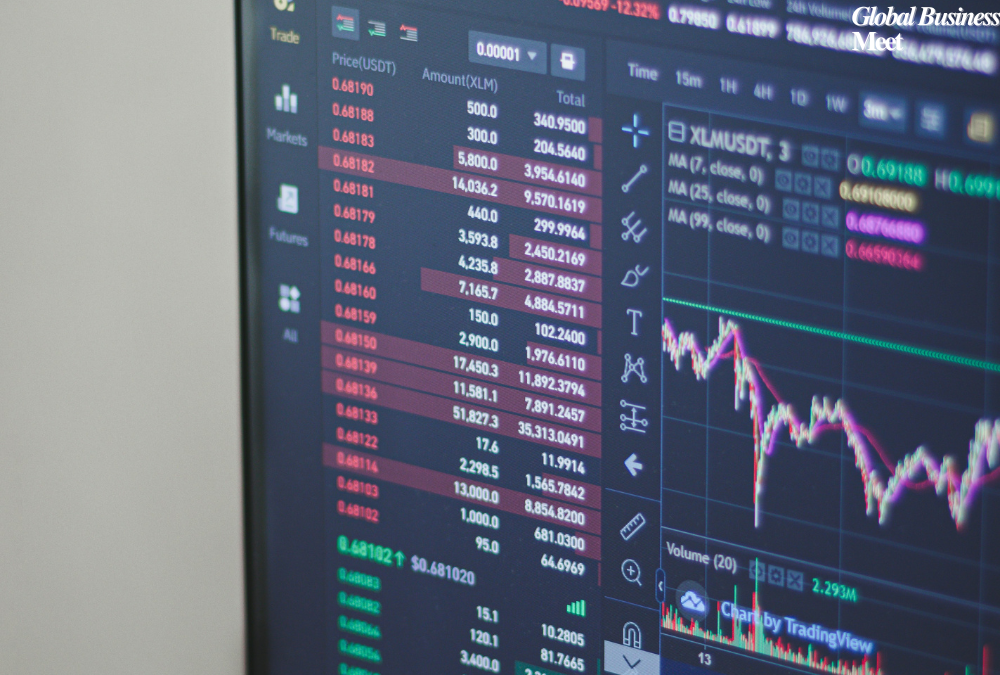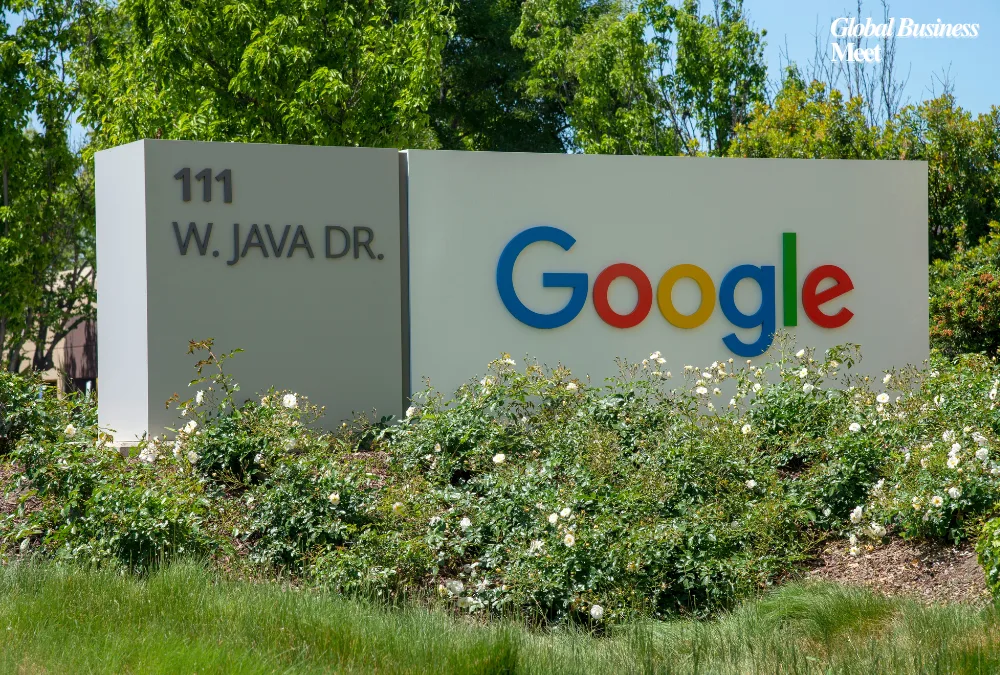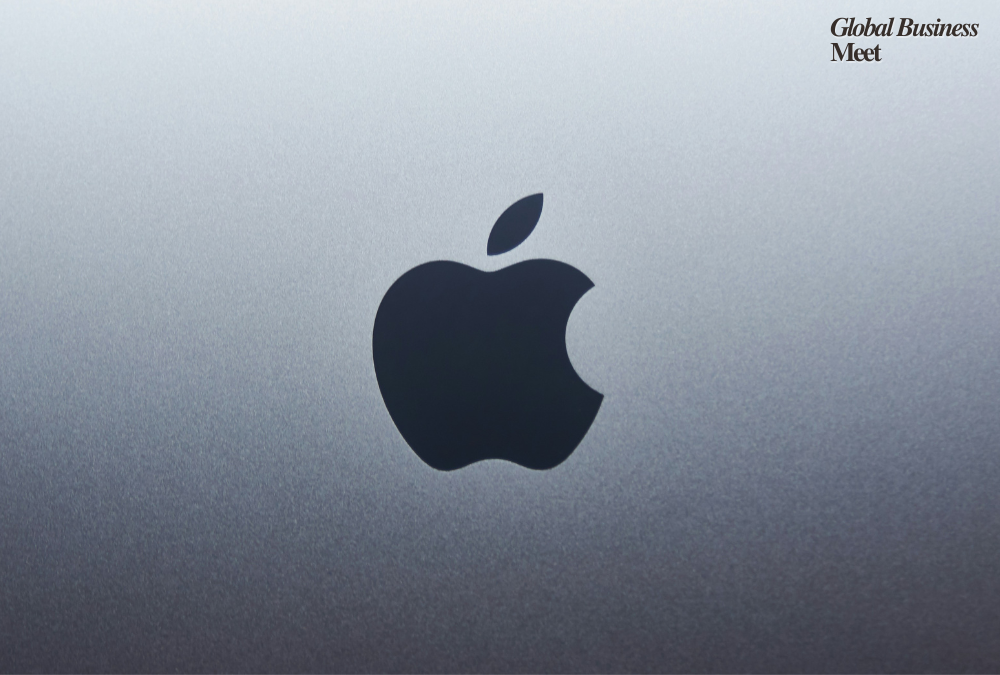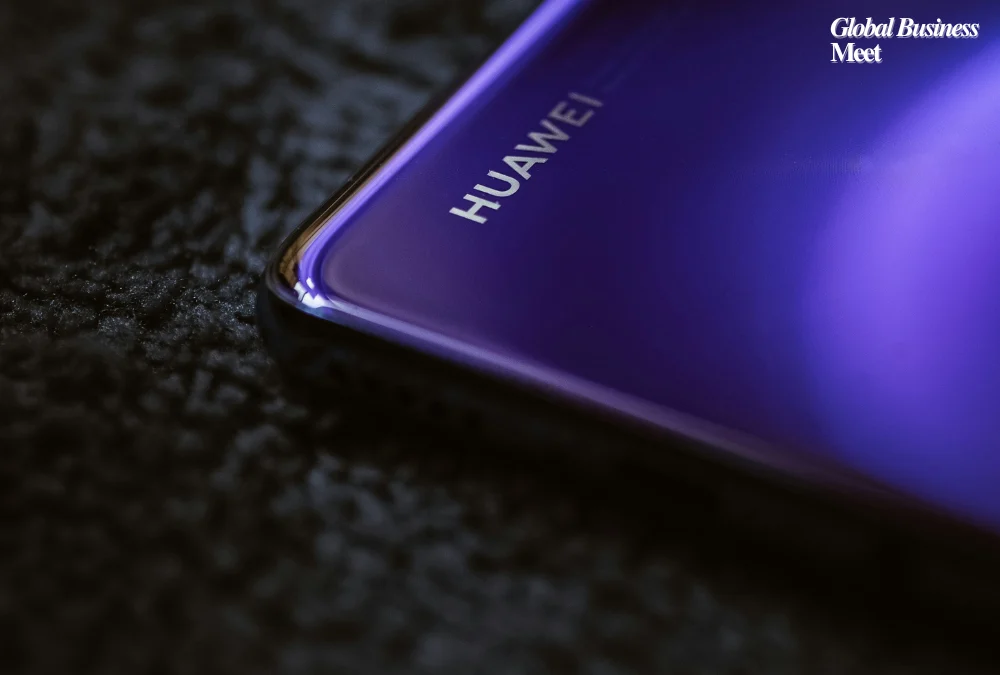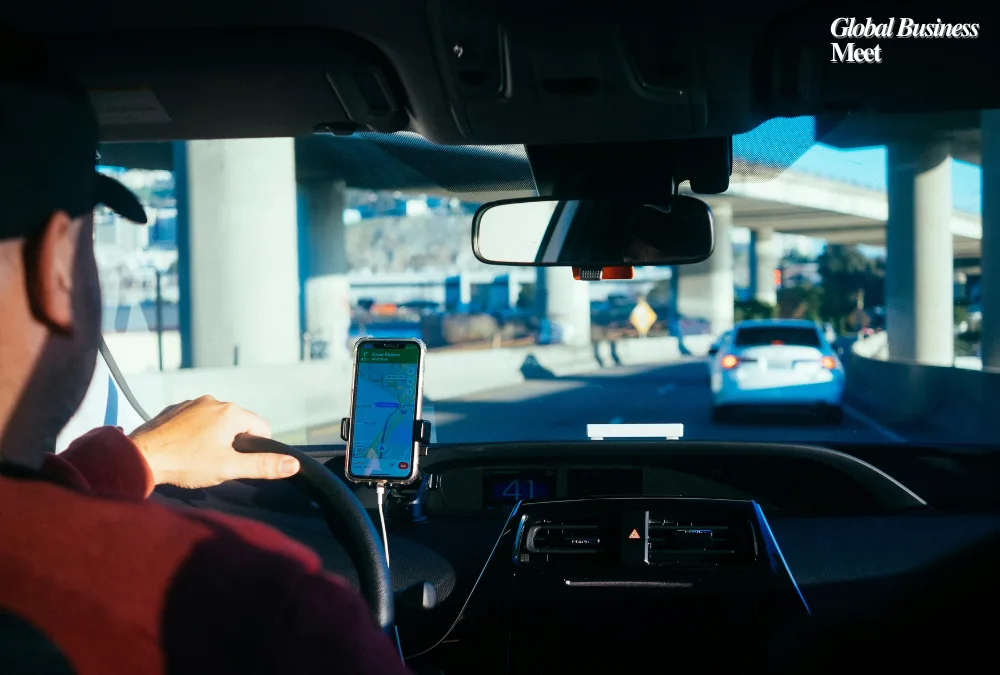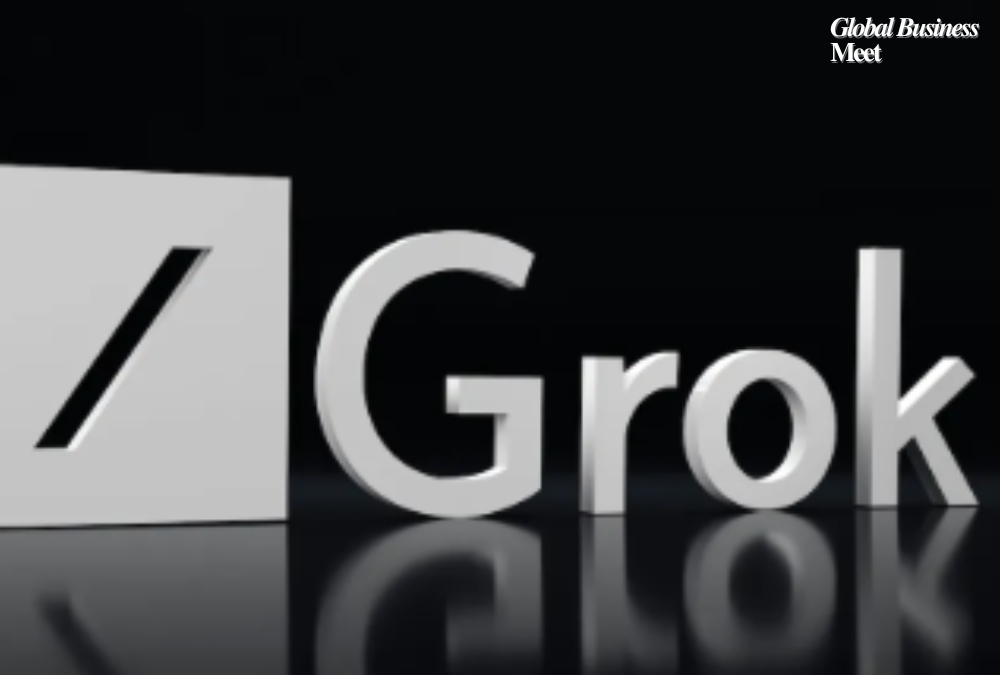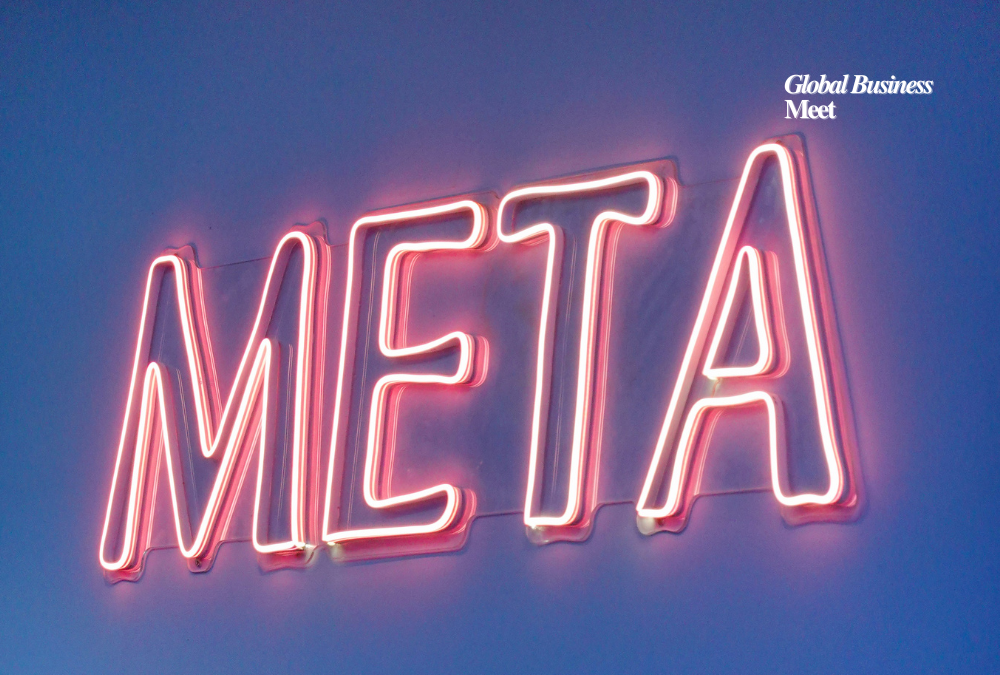
Meta is also said to have hired Ruoming Pang, the executive who managed Apple AI foundation models group, in a move that indicates the company is investing heavily in artificial intelligence. Pang, a senior Apple engineer in charge of some of the most important features of Apple Intelligence, shall join the Meta-labs recently established under the declaration of Superintelligence Labs set to design the next generation of AI systems.
The move has been a big blow to Apple and a strategic coup to Meta that is keen on putting together an all-star cast of AI talent to work across its tech empire. At Apple, Pang has been instrumental in the development of the company on-device machine learning models, to deliver features such as Genmoji, smart alerts and reply to contextual emails. As he leaves, Apple will have to contend with an employee skills shortage at a time when it is introducing its new AI functions on its gadgets.
Instead, Meta is in a fierce struggle to be the first to lead in AI innovation. With Mark Zuckerberg as its CEO, the corporation has established Superintelligence Labs to fold the previously disparate AI projects into one, among them being the Llama models and FAIR (Fundamental AI Research). Along with Pang, other prominent AI executives of such firms as OpenAI, Anthropic, and Google DeepMind have joined this initiative. The unit is co-headed by leaders within the AI and tech community, giving it robust product and research bandwidth to be added to Meta AI roadmap.
It has been reported that Meta has been opening up pay packages that are enormously competitive to hire the best talent with some nearing into tens of millions of dollars annually. Such staffing actions are a sign of the new intensity of rivalry among big-tech companies that want to prevail in future artificial intelligence. Since there are few people in the world who are competent to develop fundamental model research, Meta gains a strong advantage through getting the experience and skills of such a leader as Pang.
This action is also part of increased worry in Apple regarding how it can remain competitive in the field of AI. Although the company has unveiled Apple Intelligence and invested much in on-device AI, it has been criticized for not being able to keep up with peers regarding the capabilities of large language models. The exit of Pang could be an indication of more intensive structural or tactical problems in the AI department of Apple. It can also lead to a further increase in the use of external partners in terms of cloud-based AI solutions by the company.
At the core of Meta’s strategy is the goal of developing personal superintelligence—AI systems that serve individuals in meaningful and personalized ways. To make that vision a reality, Meta is investing not just in infrastructure but in elite research and engineering talent. The recruitment of Pang is expected to accelerate the development of Meta’s next-gen models and AI products designed for global scale.
The broader context for this move is the ongoing AI talent war, where every major tech company is fiercely competing for a small pool of qualified researchers, engineers, and leaders. As artificial intelligence becomes central to everything from search to productivity to consumer devices, talent has become the most valuable resource. Meta’s aggressive recruiting strategy highlights how the balance of power in AI may shift based on who controls the most skilled human capital.
For Apple, the loss of Pang poses a challenge to its internal AI development momentum. As the company balances privacy, hardware integration, and AI innovation, it will need to re-establish leadership in foundational model research or risk falling further behind in the race.
As Meta continues to attract high-level talent, it strengthens its position not just as a social media company, but as a serious AI contender aiming to shape the next wave of intelligent systems. The hiring of Pang could mark a turning point in that journey—and signal even more disruption to come in the battle for AI supremacy.

